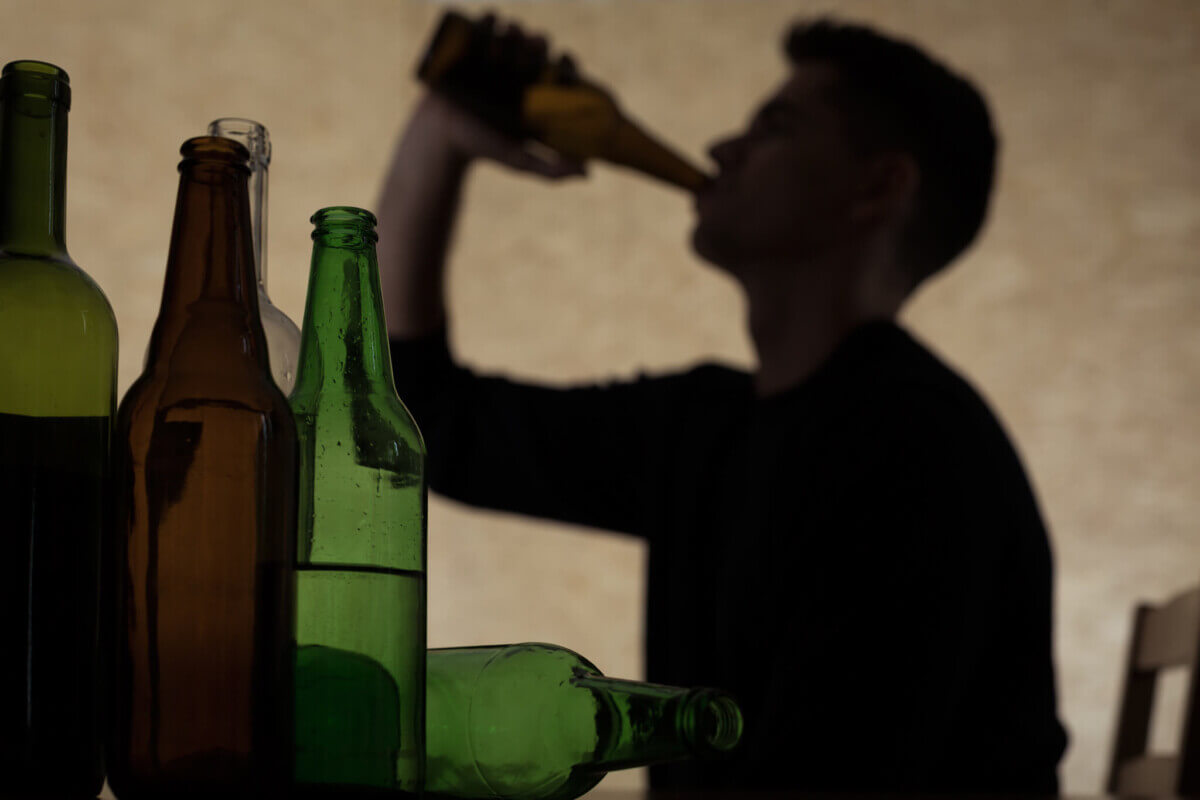
(© Photographee.eu - stock.adobe.com)
PORTLAND, Ore. — Most parents don't need another reason to discourage their teen from drinking alcohol, but a recent study highlights a serious drawback to heavy drinking habits early in life. According to the research, which involved a group of rhesus macaque monkeys, heavy alcohol use slows the rate of growth in developing brains.
For every gram of alcohol consumed per kilogram (2.2 pounds) of body weight, heavy alcohol use reduces brain growth rate by 0.25 milliliters per year. More succinctly, the study, conducted at Oregon Health & Science University, shows brain growth slows when an adolescent is consuming around four beers per day.
“Chronic alcohol self-intoxication reduced the growth rate of brain, cerebral white matter and subcortical thalamus,” the study reads.
In all, 71 monkeys were studied in the project. Their brain growth was measured using magnetic resonance imaging before beginning alcohol consumption, six months after they began drinking alcohol every day voluntarily, and again a full year after they had been drinking every day. The monkeys' alcohol consumption levels, overall diet, daily routine, and overall health were all recorded and measured by the research team. This helped to rule out additional factors that may have influenced the findings.
This study further validates additional research initiatives that have recently found a connection between alcohol use and poor brain health.
“Human studies are based on self-reporting of underage drinkers,” says co-author Christopher Kroenke, Ph.D., an associate professor in the Division of Neuroscience at the Oregon National Primate Center, in a release. “Our measures pinpoint alcohol drinking with the impaired brain growth.”
According to the study's authors, the normal rate of brain growth for an adolescent rhesus macaque monkey should be 1 milliliter per every 1.87 years. When these monkeys were regularly drinking high amounts of alcohol, though, their brains showed significant decreases in expected volume across multiple areas.
Researchers note that prior research on both human and primate brains has shown they have a tendency to bounce back, or at least partially recover, from the harmful effects of alcohol following cessation of consumption. But, further research is still needed to determine if brains can recover from such heavy alcohol use during the key developmental stage of adolescence.
“This is the age range when the brain is being fine-tuned to fit adult responsibilities,” lead author Tatiana Shnitko, Ph.D., says. “The question is, does alcohol exposure during this age range alter the lifetime learning ability of individuals?”
The study is published in eNeuro.










